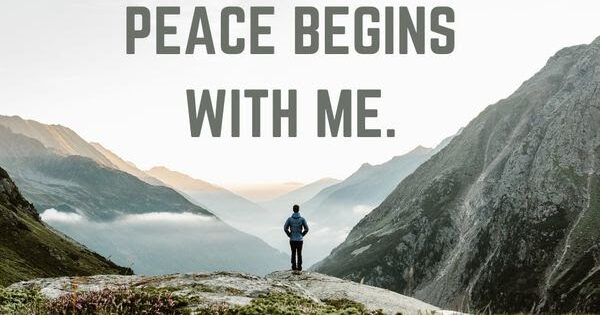Podcast: Play in new window | Download
Subscribe: RSS
Fear can be a powerful force in our lives, often manifesting as a sense of uncertainty that can be difficult to overcome. Fear is rooted in our perception of control – if we can’t control a situation, we tend to feel afraid. When we are confronted with the unknown, we try to project our fears into the future in an attempt to exert some level of control over what may happen. Ultimately, fear boils down to a choice between two thought systems: love and fear. It’s impossible to occupy both spaces at once, so we must choose one or the other.
It’s important to realize that fear arises when we perceive danger. This is a survival mechanism that is hardwired into our reptilian brain – we must assess whether we are safe or in danger and respond accordingly. The fight, flight, or freeze responses are all part of this mechanism. Our prefrontal cortex may not know how to respond to the danger, but our autonomic nervous system takes over and prepares us for action.
The freeze response is particularly interesting because it can often lead to learned helplessness. When we freeze, we become stuck and unable to act, which can be a debilitating form of fear. This response may be learned through past experiences where we were told to be quiet, sit still, or not move. It’s important to recognize when fear is serving a protective purpose and when it is inhibiting our ability to live our lives fully. By understanding the root of our fears, we can begin to take steps to overcome them and move towards a place of love and positivity.


